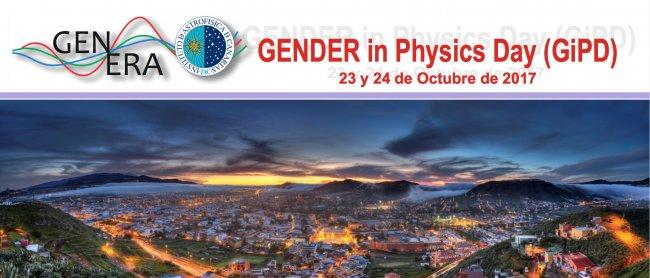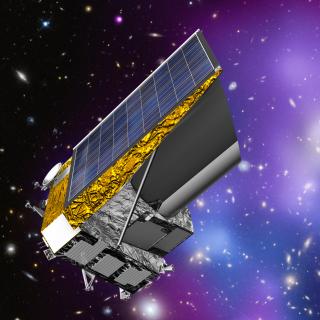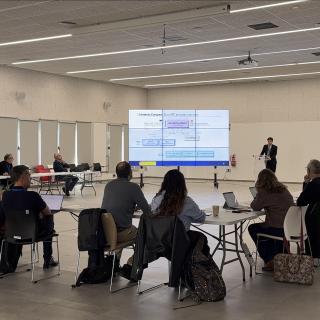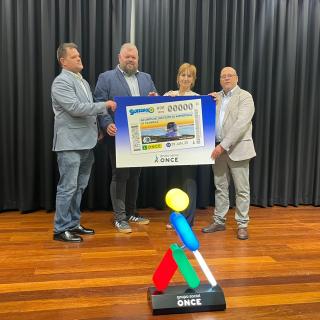The GiPD is the public event which the institutions associated with the European project H2020 GENERA must organize. This programme involves 13 centres in nine different countries and in Spain the member is the Instituto de Astrofísica de Canarias (IAC).
At this meeting there will be an attempt to analyse the situation of women in Physics to see which aspects require working on, and to prepare recommendations which could be used to set up policies for equality in research centres and faculties of Physics. Although there have been previous conferences about the role of women in science, this is the first to tackle only the subject of Physics in which women are significantly under-represented.
Analysis of the situation
The analysis which it is hoped to achieve during this meeting will be base don three themes: what are the obstacles which women face during a scientific career, what is being done in the schools, and what is being done in research centres to reduce the gender gap.
In the third section of the meeting, with the title “Policies of Equality in Science” the subject will be the correct practice to be carried out in research centres, who will also supply data broken down by gender. In this section there will also be representation of projects similar to GENERA and considerton of policies of equality in the University of La Laguna and in six other public research organizations who will each present their situation so that appropriate conclusions may be drawn.
The diagnosis will not be based only on policies of equality. The idea is also to evaluate how this theme is being considered in the teaching of science. In section 2 “Links with schools” the experience of coordinators and technicians working in gender equality will be considered, in the context of projects to attract more girls to the different branches of science. Secondary school Physics teachers will talk about the real situation in the classroom.
The third basis for the meeting, that of section 1, will be “ Careers in Science”. In this section the obstacles in the way of women taking up scientific careers will be discussed. In this discussion there will take part experts in policies of equality and the experiences of women scientists, who will talk about how their careers have developed.
Interesting data
According to Eurostat, in 2015 women taking degrees in Physics in Spain made up barely 27% of graduates in this science, whereas in other branches of science, such as biology, the representation of women was more balanced, lying between the values of 40% and 60% as specified in the Law of Equality.
These data about the fraction of women taking Physics degrees vary from country to country. In Switzerland 19% of Physics graduates are women while in Germany the figure is 18% while in the Netherlands it barely reaches 13%. The problem is not recent, and for this reason in the United Kingdom they have decided to take measures, working directly with teachers in schools.
Relative to this problem we should emphasize the opening conference “The Gender Gap in the Physical Sciences” to be given by the CSIC researcher Pilar López Sancho.
Parallel activities
During the two days of the meeting, which will bring together 100 people working in projects on gender in educational institutions, students of Physics, researchers etc. a series of parallel activities will take place. Among these attendance at a play “The Lost Honour of Henrietta Leavitt” at the Teatro Leal in La Laguna, on Monday 23rd at 18.00 h. Members of the GENERA project will have parallel meetings on the 24th and 25th of the present month, also in La Laguna, and will share experiences with those attending the GIPD on Monday after the presentation of the play.
Finally, on Tuesday after the meeting has been closed, there will be a visit to the Teide Observatory, (Izaña,Tenerife).



